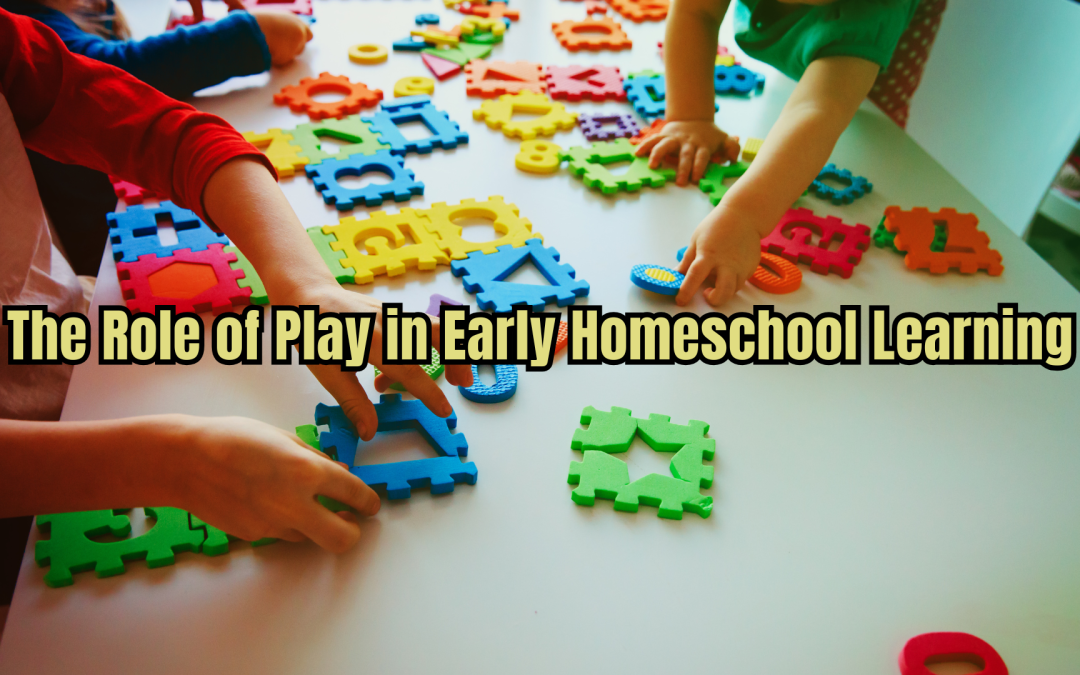For young children, play is more than just fun — it’s an essential part of how they learn and grow. In a homeschool setting, play provides endless opportunities to explore, create, and build skills that form the foundation for later academic success. By making play a priority, parents can nurture curiosity and a lifelong love of learning.
Why Play Matters
Play supports development in every area: cognitive, social, emotional, and physical. Through play, children experiment, solve problems, and use their imagination. They learn to share, negotiate, and communicate as they interact with others, building confidence and self-awareness along the way.
Types of Play That Build Learning
Unstructured play gives children the freedom to explore on their own, encouraging creativity and decision-making. Structured play, such as games or planned activities, introduces rules and teamwork. Pretend play sparks imagination and storytelling skills, while outdoor play helps with coordination, balance, and an appreciation for nature.
Integrating Play Into Your Homeschool Routine
Designate time each day for both free play and guided activities. Use toys, art supplies, blocks, or dress-up clothes to inspire exploration. Turn everyday moments into learning opportunities, like counting while cooking or creating stories during a nature walk. Keep lessons short and interactive for younger learners, blending academics with playful activities.
Balancing Play and Formal Lessons
While early academics like letters and numbers are important, young children benefit most when they learn through movement, music, and hands-on projects. Alternating short lessons with playful breaks keeps kids engaged and prevents frustration.
How Play Prepares Children for the Future
Through play, children build problem-solving skills, resilience, and creativity — qualities they’ll use for life. They also develop fine and gross motor skills that support later tasks like writing, sports, and art.
Final Thoughts
Play is one of the most powerful tools for early homeschool education. By valuing both structured and unstructured play, parents can create a joyful learning environment where children develop skills, confidence, and curiosity that will serve them for years to come.
